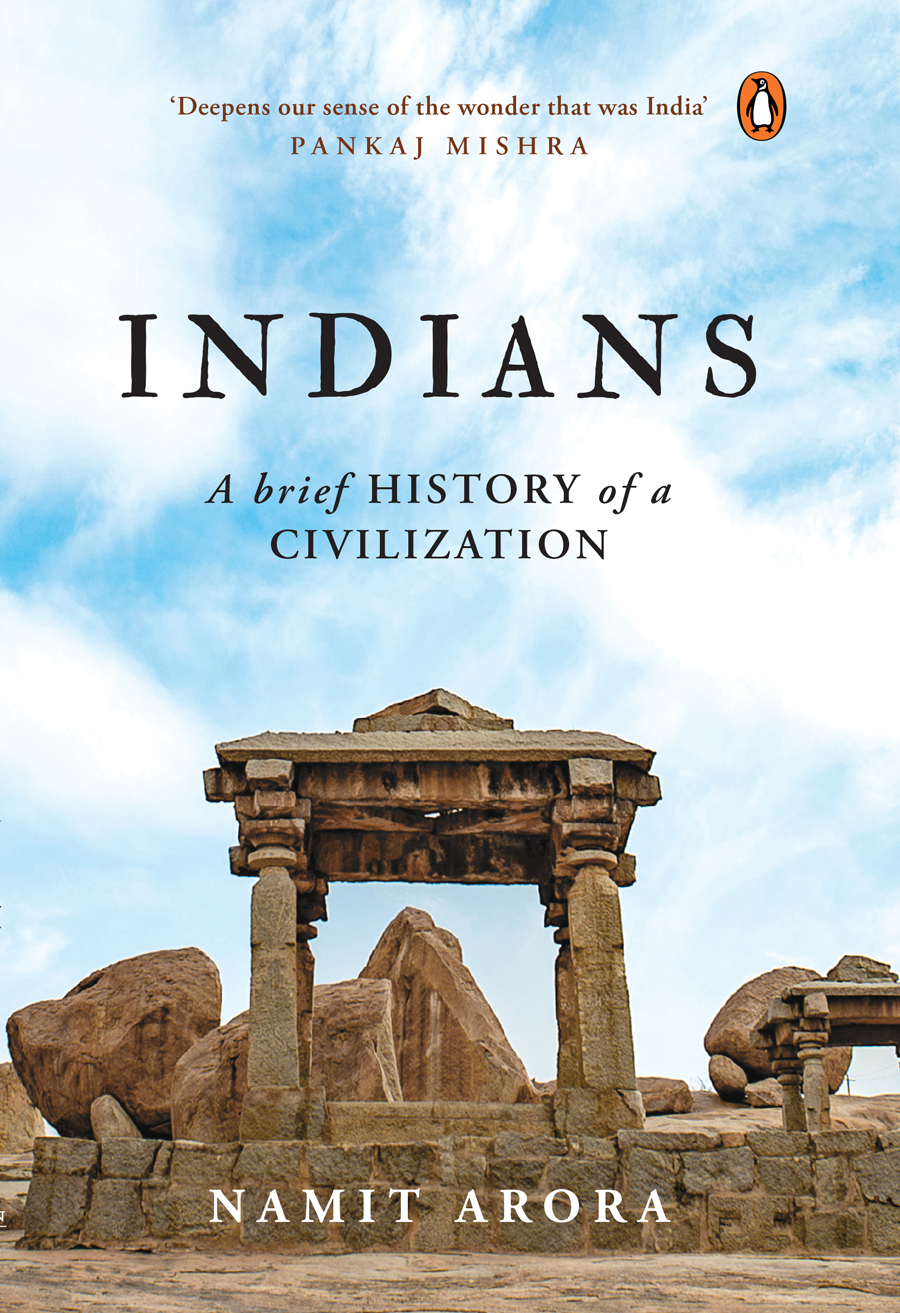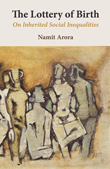| Index of articles from the Blog |
| Animals |
| Anthropology & Archaeology |
| Art & Cinema |
| Biography |
| Books & Authors |
| Culture |
| Economics |
| Environment |
| Fiction & Poetry |
| History |
| Humor |
| Justice |
| Philosophy |
| Photography |
| Politics |
| Religion |
| Science |
| Travel |
Books by
Books by
|
Histories, as we read today, was divided by a later day scholar into nine books.♣ The first of the two parts of Herodotus' own simpler division is the subject of Books I-V which describe the background and origins of the Greco-Persian animosity; Books VI-IX contain the principal part, the history of the Greco-Persian wars from 499-479 BCE, progressing from an account of Darius' defeat at Marathon and culminating with Xerxes' larger invasion of Greece and the momentous Greek victories at Salamis, Plataea, and Mycale. Herodotus prepares his long discourse with an obligatory recap of the extant human myths from his distant past. These must have, no doubt, acquired the sheen of historical truth on account of their ubiquity. They include big-ticket items like the abduction by Phoenicians of Io, daughter of a Greek king; by the Greeks, 'in retaliation', of Europa, daughter of a Phoenician king; and in the 'next generation afterwards', the 'Asiatics' abduction of Helen' and the Trojan War, about which he says, |
|
Leading up to the apogee of the Persian empire, he describes the many conquests and marriages of Darius after which he had twenty plum, tribute-paying satrapies. One of these belonged to
|
Introduction : Previous |
Next: The War |
Designed in collaboration with Vitalect, Inc. All rights reserved. |
|















